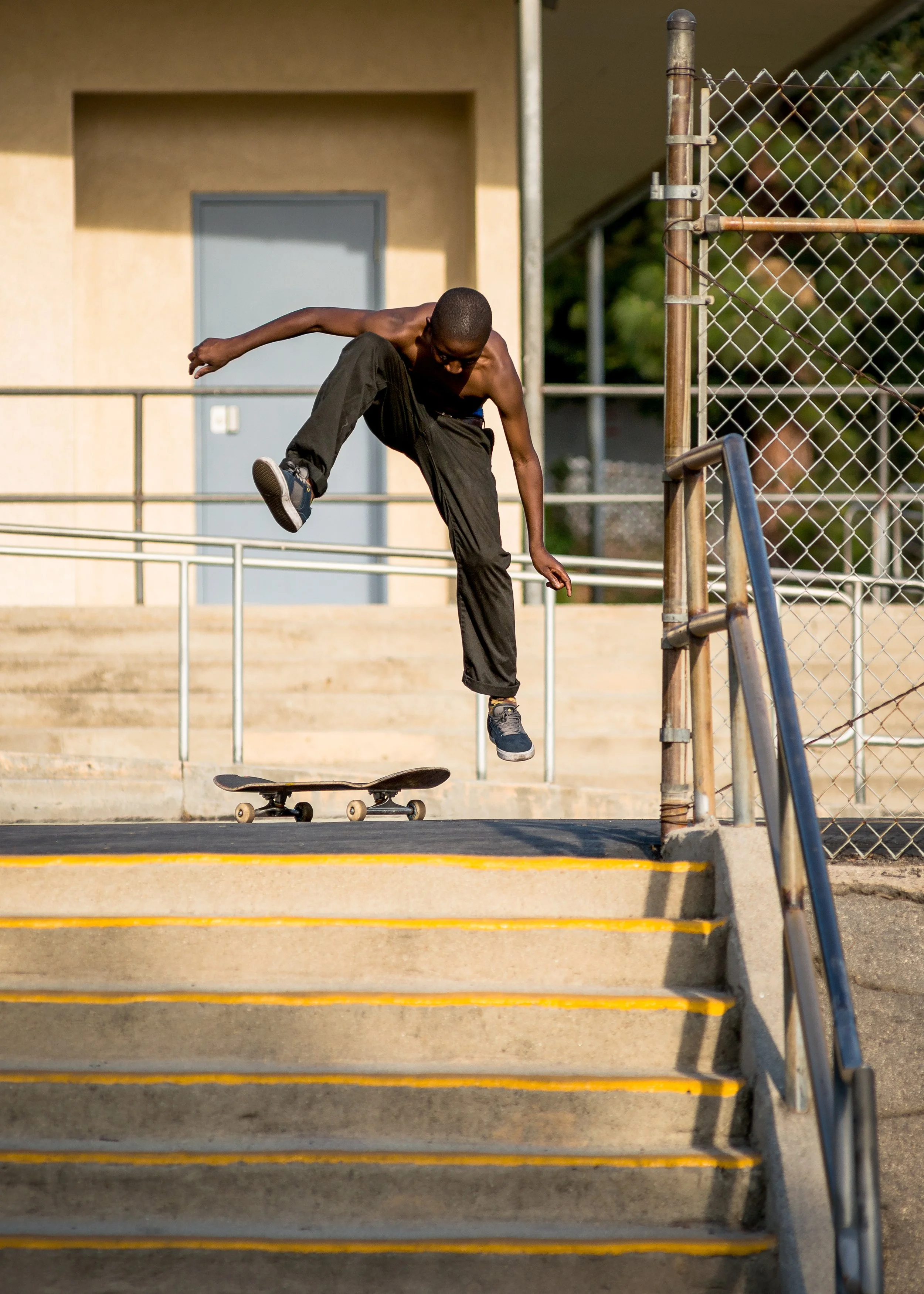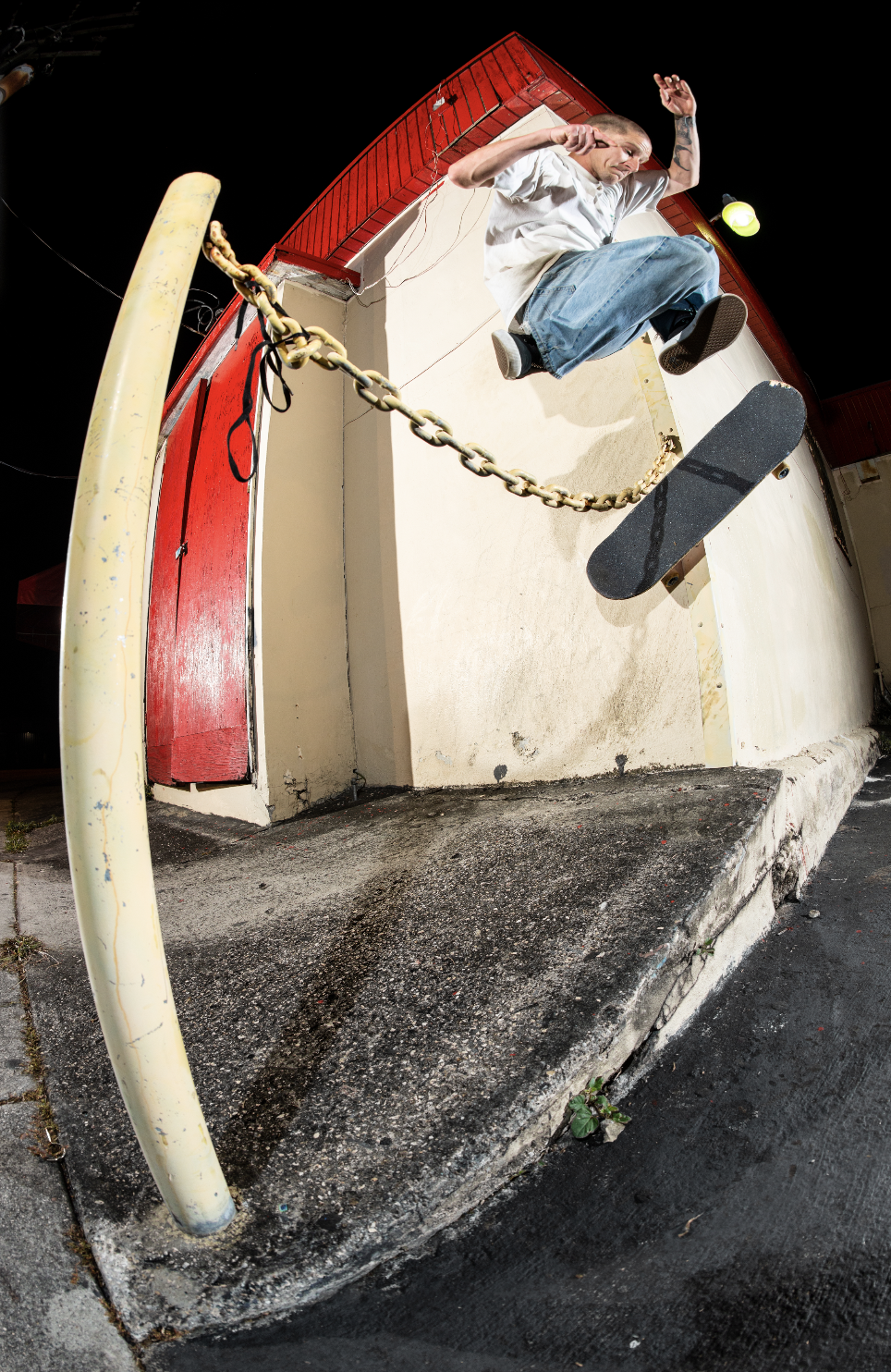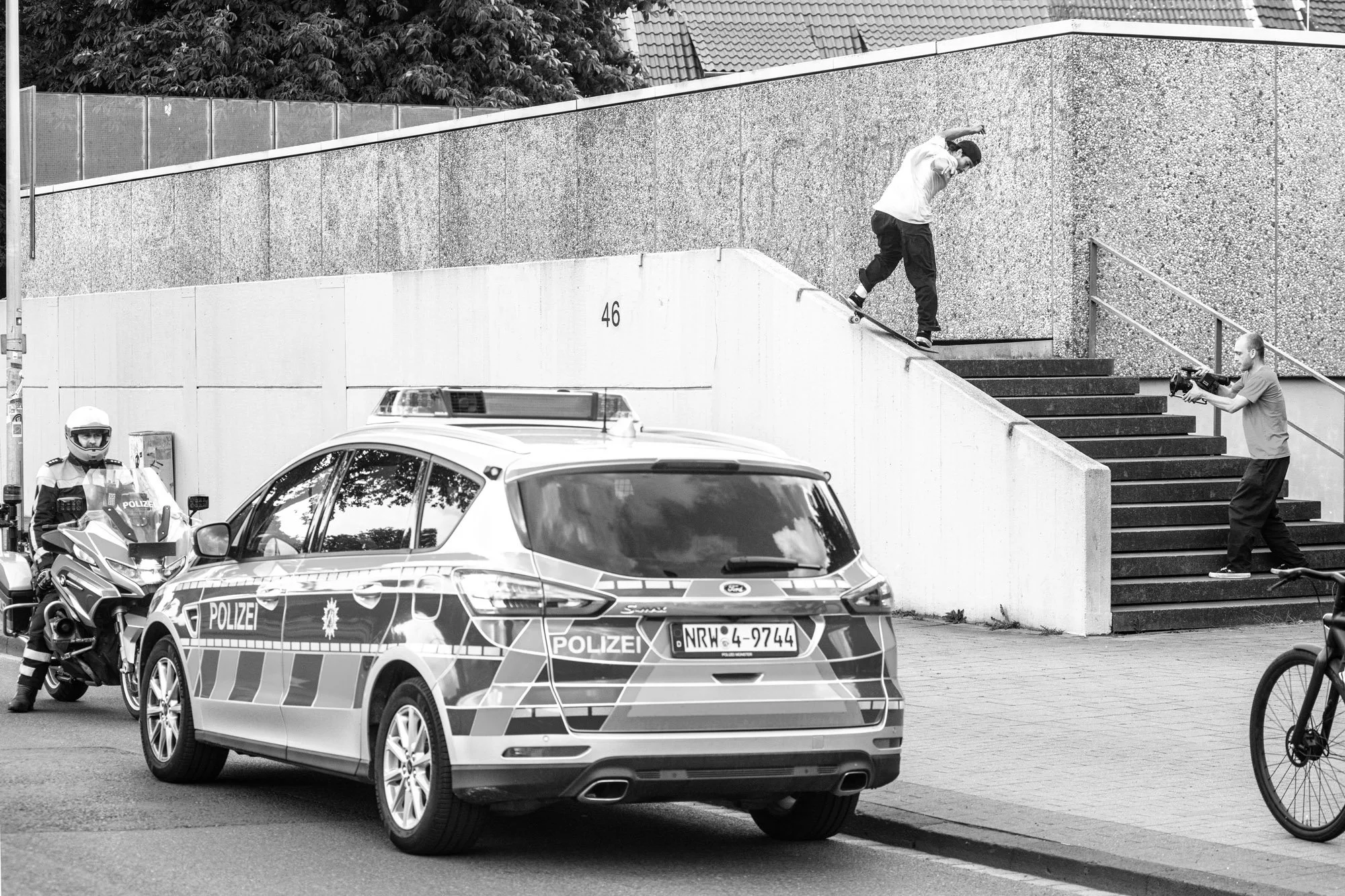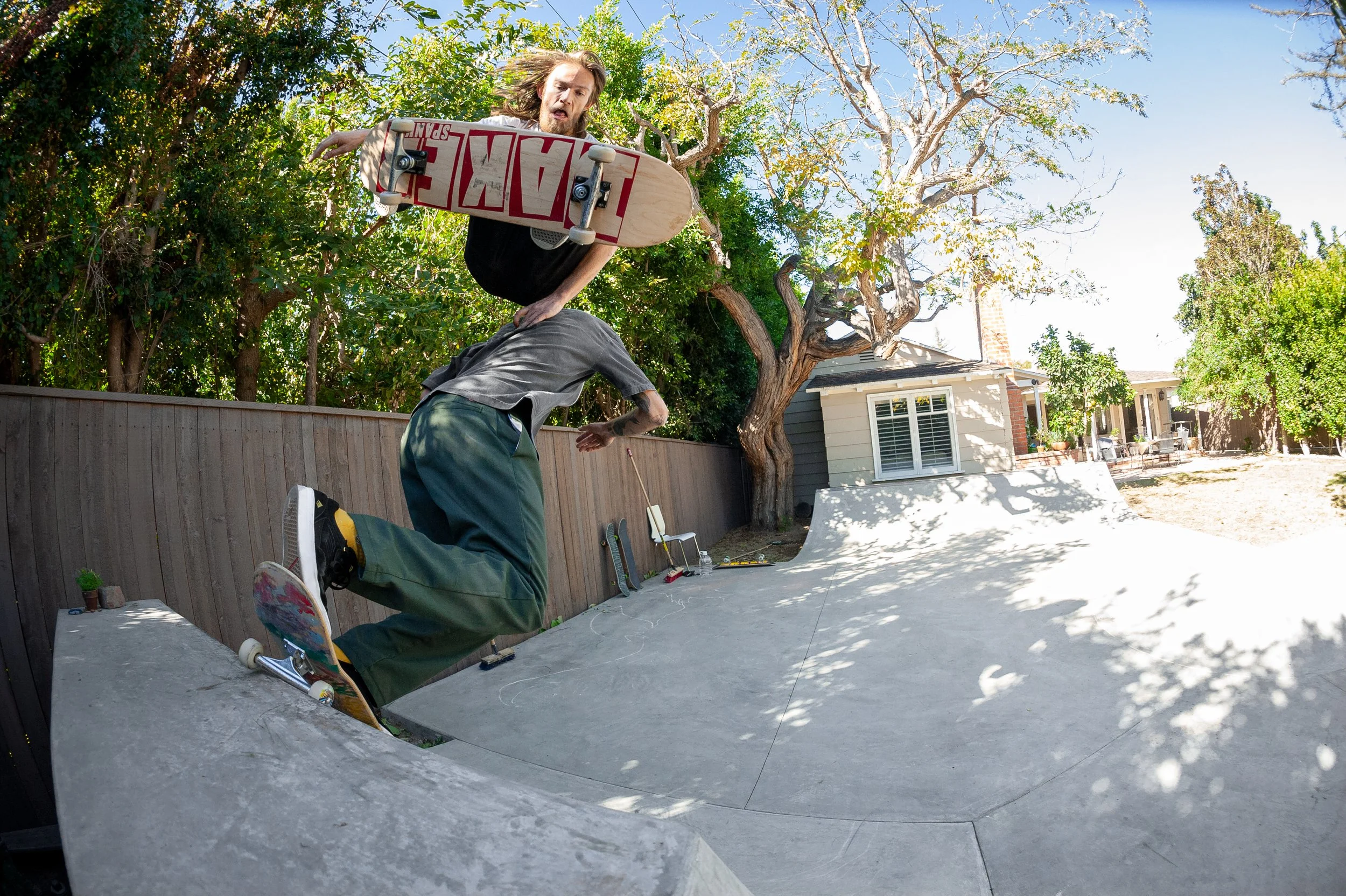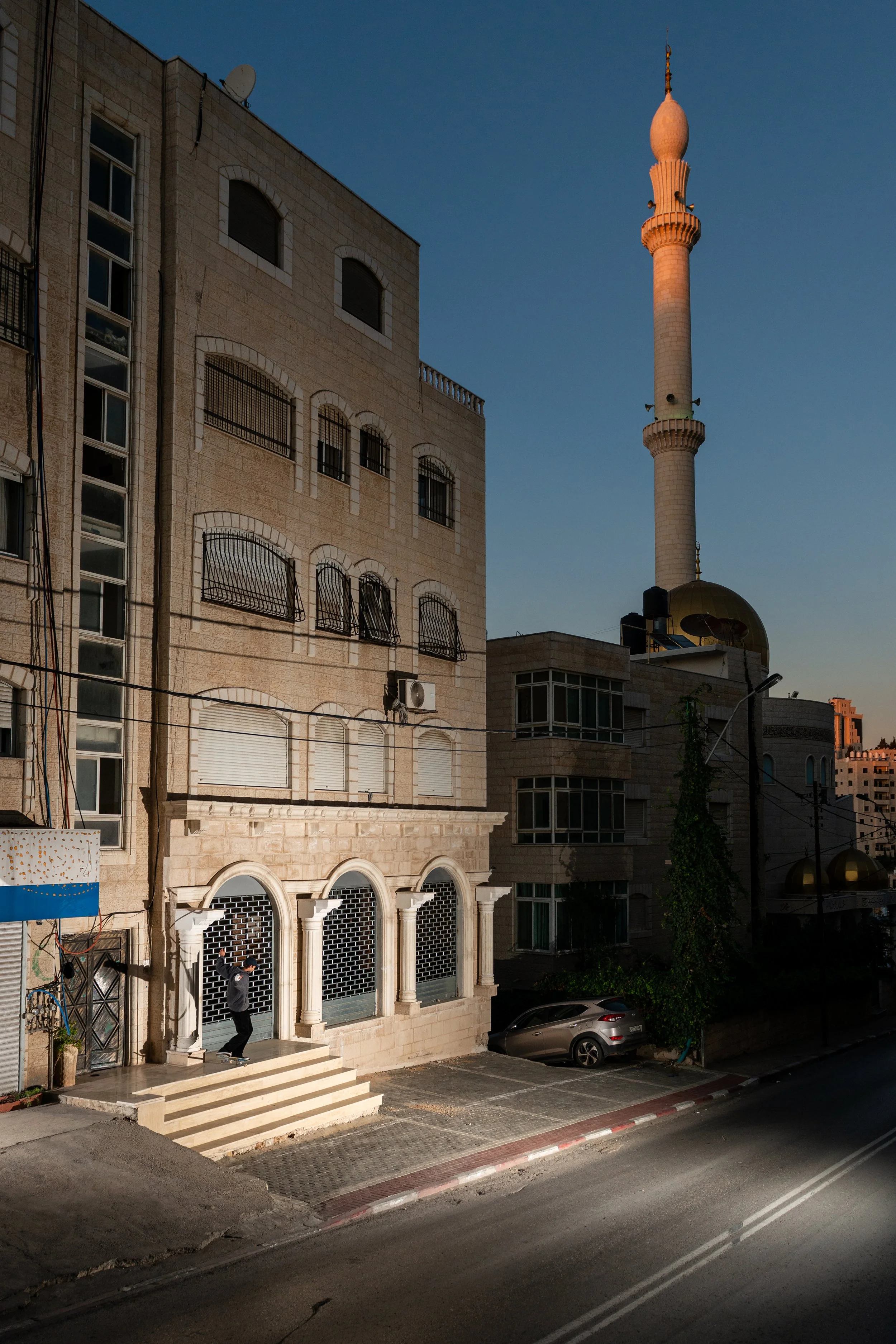What Blessing is This #2: Kyle Seidler
Kyle Beachy is back with the second installment of What Blessing Is This series in which he experiments with the relationship between words and photos featuring images authored by friends / collaborators. This edition features photos from Kyle Seidler.
In the moments just before the breaking, the woman sat alone by the window, rocking gently with the train. Behind her were months of much happening, a period of almost constant occurrence that had left her bruised, depleted, and older than her body deserved. Now she was alone, no real surprise, in a third-class economy seat barrelling toward a border town that she’d only ever seen on screen.
Were she asked, were she a person with friends and family who asked her the sorts of questions she wanted, she’d have said that by now she was mostly adjusted, but that the ongoingness was still sometimes too much. These days, there were really only two strategies for sanity, and she’d picked the one based on noticing all you could, and by noticing anchoring yourself into each fleeting moment, occupying it with as much presence as possible. That meant resisting the mind’s downhill momentum into the future, and christ but it was hard.
Her car was mostly empty, with only a few fellas safely distant down at the far end. And outside was the land, the endless brush and scrub of desert, and the gradual accumulation of a sunset that she kept her eyes on until they fell closed. When she woke the first thing she noticed was darkness, total, and then stillness, same. Standing, she could tell the fellas were gone, which, weirdly or not, triggered the first bits of panic. She reached overhead and groped about to find her little bag. Then she stood there for a moment, trying to think. If this was indeed what she worried it was, the men with guns would start at the front of the train and sweep toward the rear.
So she turned and threaded her way toward the cafe car, passing empty rows and a few where parents with children were sitting in the cool glow of their little screens, ignoring her and pretending that none of this was happening. This of course was the other, more popular strategy of the day.
A chain between the vestibule and the cafe was easy to navigate, and once she was inside she set immediately to sweeping what food and drink she could into her bag. And then a sound, a metallic commotion she heard once, again, and then pursued, moving around the counter and into a second small vestibule. Here she discovered a clerk with his back to her, wearing his vest and little brimless hat. She watched him jump and then land both feet onto a crowbar that was wedged into a red hatch in the floor. Then he jumped again. Well, she thought, this definitely isn’t pretending. And then the clerk spun to her, and she moved quickly with a forearm into his throat and pushed him to the wall and held him there until his eyes and body relaxed.
It wasn’t always like this. There were extended periods she could remember when nothing whatsoever occurred, whole years when all she did was earn her living and order thai and watch true crime with the person she loved.
“Shit,” he coughed. “Are you who they’re after?”
“Me? No. Are you?”
This amused him. And in the contours of his jagged smile she could see the clerk’s youth. Here was someone for whom police interventions and powered-down trains were simply the natural ways of the world. The ease of his knowledge made her own hard lessons feel a little…silly. It had been so long since she longed for youth this way. All that work she’d put in, all that effort, and for what? To just barely accept facts that for this kid were as basic as gravity? He went back to stomping on the crowbar wedged into the red hatch, and when it gave way with a great creaking, she watched him disappear into the floor.
She followed. Together they crawled across earth dry and dusty, emerging into a night with no clouds or wind, seemingly without any weather at all. Only the stars, endlessly, and by their light she made out a great expanse before her that eventually rose to a hill. And meanwhile, way down at the front of the train were all manners of spinning lights and official police voices. They were always nearby, with their ridiculous vehicles and armor and assorted tools of the regime. God, she thought, was there anything more predictable, more boring than a police state?
Without a word, the kid took off. The brush whipped at her shins and she found enough light to avoid the spikey branchy dangers and the low spikey paddle boys, catching the kid halfway up the hill. The lights below them hadn’t strayed from the train, but they knew better than to rest here. They climbed onto the mesa and discovered something vaguely roadlike. Now they walked side by side, neither feeling any reason to talk. And it was almost pleasant, even, being here with this kid, working together in whatever capacity this was. Occasionally they stopped to sip from the bottles in her bag. She felt the bag growing lighter. And when the sun came rising to their left and their surroundings came into view, she began to worry about mistakes. It was all sky and inhospitable land. And once again, she’d done this to herself. Why had it been so obvious to run? She had all her papers–she could have stayed in her seat, handed them over, and everything would have been fine.
“Look,” said the kid, and in the rising glare a structure revealed itself. It wasn’t much, four old adobe walls and the withered planks of a former ceiling, but as they approached she was overcome by a tiny fantasy of home, of gatherings, with an outdoor grill smoking and a table and chairs for laughing guests, the dream at the heart of every structure. Her pace quickened. Then, reaching the space of the doorway, she found she couldn’t possibly take another step.
“Let’s wait out the sun a bit,” she said.
The kid was standing just outside in the door. She sank to the dirt floor and felt the mud wall cool against her sweaty back. In the far corner someone had left six plastic jugs of water. They must have been on a path. They were going the exact wrong way, but it was a path nonetheless. She wanted her chance to say “Look,” but was too thirsty to speak. She tried pointing at the bottles but he wasn’t watching. He was still outside, standing in the sun, twisting his vest into a makeshift head covering.
And what a thing to see a person this way, spotlit as it were against the background of land disputed and longed for and wielded by believers as god’s own blade, splitting people like wood. She could see that he wouldn’t stay. He wasn’t even going to come inside. Her mismanaged income was entirely comprised of infrequent W9s, and she had never learned the names of trees or even birds. She had, however, early in life developed a keen sense of who was and wasn’t worth trusting. But that only meant suffering worse when they went and proved that trust misplaced. So which was the mistake? The trusting or the leaving? The noticing or pretending? Here, anyway, there was shade. She’d stay as long as felt right and not begrudge the kid for wanting something else. Everyone left. Everyone deserved to leave.

